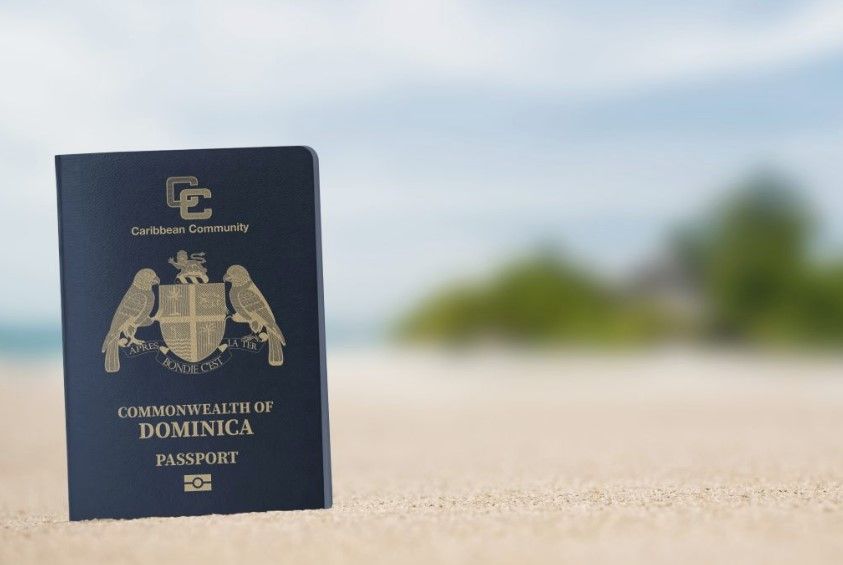Digital citizenship in Dominica is a concept that may be confused with an economic citizenship program, but it has a different meaning. Digital citizenship generally refers to the opportunities that a state provides to its citizens and residents through digital technology to participate in public life, access government services, and manage personal data electronically. At the moment, Dominica does not offer digital citizenship in the way it is implemented in some other countries, such as Estonia, where anyone can become an e-resident and do business in the European Union while remaining physically outside of it.
Instead, digitalization in Dominica is manifested through improving access to government services over the internet and creating more convenient ways for citizens to interact with government institutions. Programs such as e-government aim to simplify procedures related to registering businesses, paying taxes, and obtaining various licenses and permits online, making these processes more accessible and less time-consuming.
Digital citizenship is not a passport in the traditional sense of the word, but rather an electronic identity card. This document enables foreigners to integrate into Dominica's meta-citizenship universe. Dominica Coin (DMC) is the country's first national cryptocurrency that can be traded, bought and sold.
Learn more about available citizenship / residency programs here.



